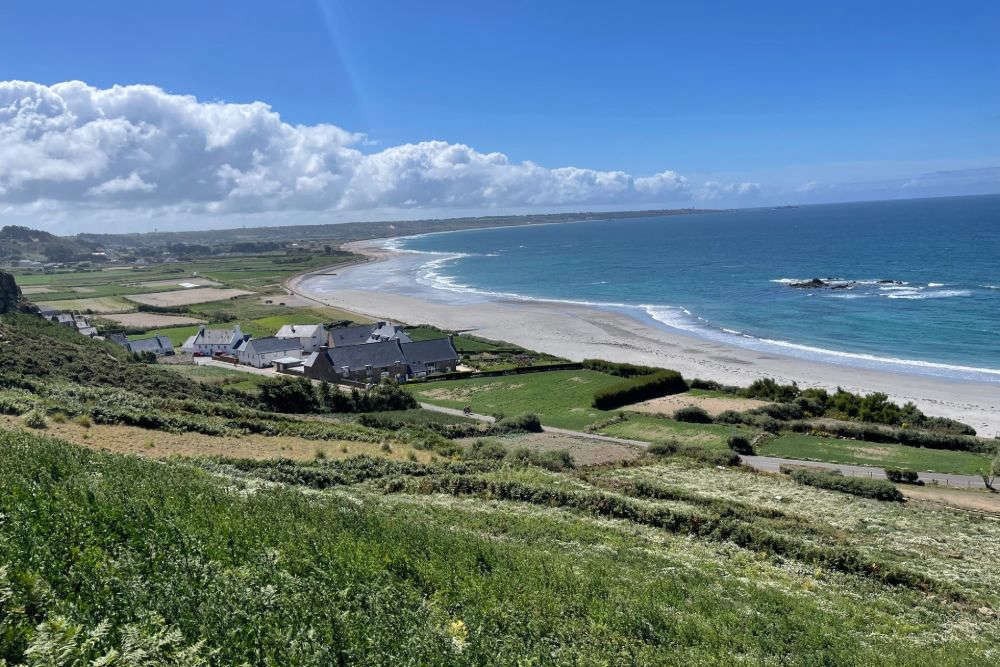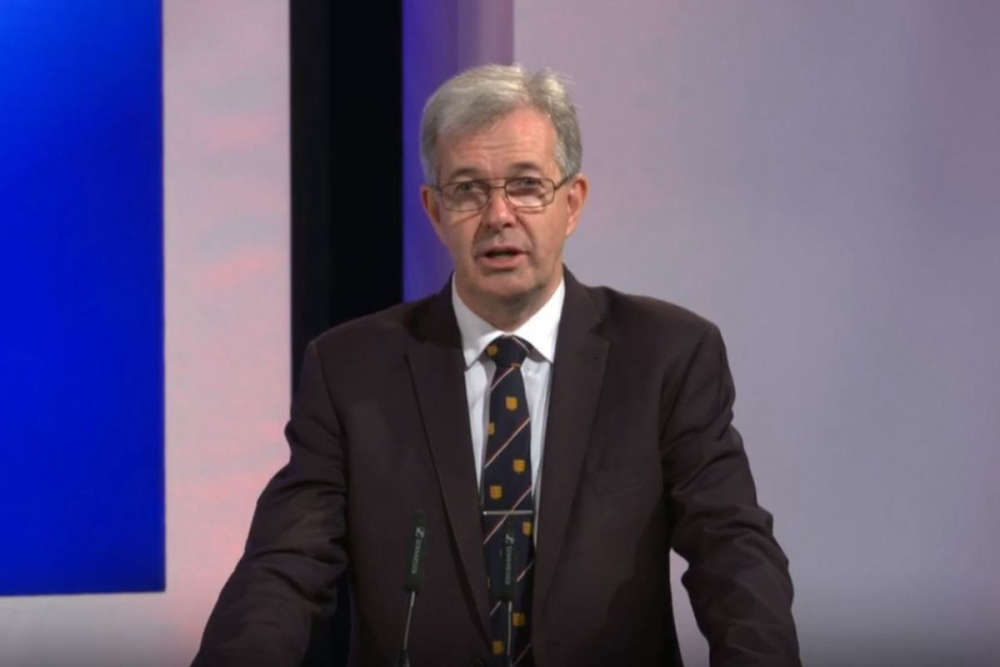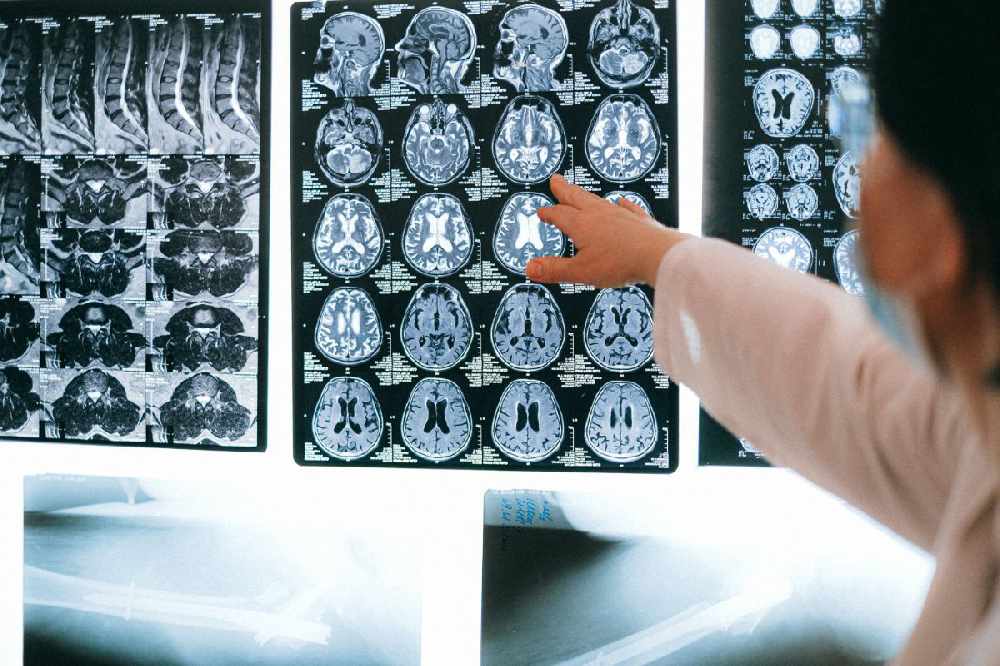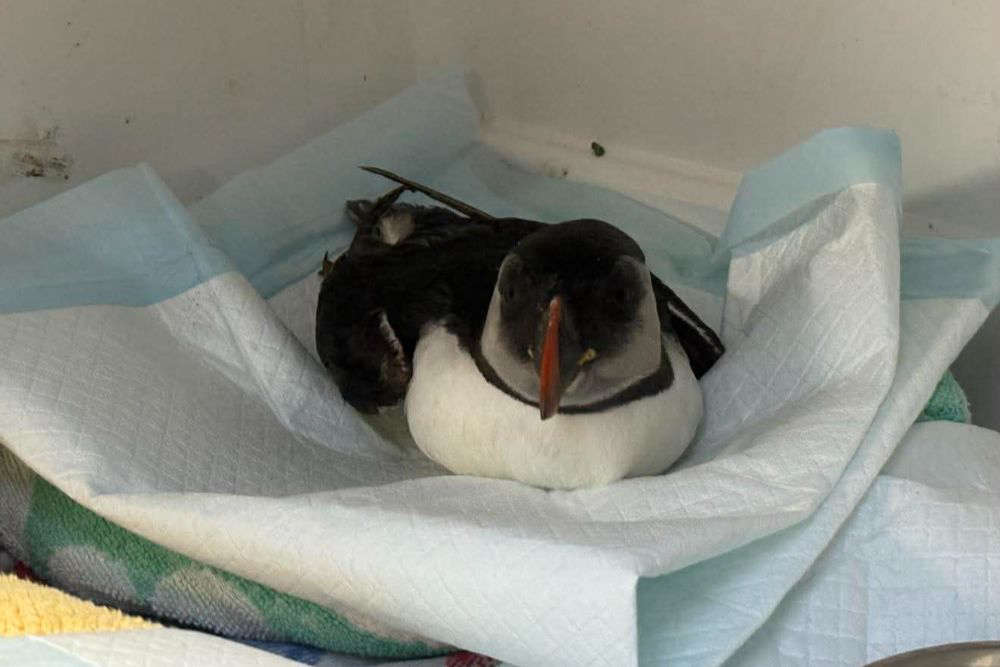
Islanders who had their blood tested by Public Health in 2022 will have access to colesevelam - a cholesterol‑lowering medication proven to reduce PFAS levels in blood.
Jersey's government has announced 'interventions' that will be offered to people affected by PFAS contamination in the west of the island, and revealed that more people from a wider 'plume' area will be tested.
Those who were blood tested in 2022 will be offered colesevelam, a cholesterol‑lowering medication in tablet form.
They will have a medical assessment beforehand, with a 'PFAS-informed clinician'.
88 islanders tested in 2022 were found to have elevated PFAS levels when compared to a US reference population; a notable proportion showed considerably higher levels.
Read: Higher PFAS levels found in blood samples
If the medication, colesevelam, is deemed not to be appropriate following medical assessment, therapeutic phlebotomy will be considered as an alternative intervention.
PFAS (per- and polyfluoroalkyl substances) are a large group of over 12,000 man-made chemicals that have been used since the 1940s in everyday products.
They used to be found in airport firefighting foam during the 1990s. They don't break down easily, and some types of PFAs have been linked to health risks.
Today's announcement by government is in response to a third independent report by a Scientific Advisory Panel.
READ: Lower regulatory limit for PFAS should be set for Jersey, report says
Blood testing for PFAS levels will also be extended to additional groups identified by the Panel.
Those eligible for blood testing include those who have potentially been exposed to PFAS through their employment, and residents who have lived within the identified plume area since 1991 for 1 year or longer and used private borehole water.
The Panel has linked elevated PFAS levels with certain health concerns such as raised cholesterol, kidney cancer, and testicular cancer.
Environmental consultants have found the so-called 'forever chemicals' in water catchments around St Ouen's Bay and Pont Marquet.
Health Minister Tom Binet said:
"Our response to the recommendations made by the Panel offers swift, proportionate and evidence‑based action that focuses on the group of Islanders that have been affected by the historic contamination event at the airport.
“It is important to note that there is no evidence suggesting that that PFAS levels elsewhere in the Island are any higher than similar areas around the world.
"The PFAS Panel are looking at the wider impact of PFAS on water and the wider environment as part of Report 4, and I wish to reassure Islanders that our mains water supply meets current EU and UK standards for PFAS levels in drinking water.”


 Railway Walk reopens 'several weeks' ahead of schedule
Railway Walk reopens 'several weeks' ahead of schedule
 New bar opening at former Rojo and X site to evolve Jersey's nightlife
New bar opening at former Rojo and X site to evolve Jersey's nightlife
 Former Chief Minister seeks re-election
Former Chief Minister seeks re-election
 Château Vermont to become home to new music campus
Château Vermont to become home to new music campus
 St Saviour break and entry suspect pictured posing on motorbike
St Saviour break and entry suspect pictured posing on motorbike
 'Overstretched' neurology department following under-experienced managers
'Overstretched' neurology department following under-experienced managers
 Channel Islanders asked to report injured or dead seabirds
Channel Islanders asked to report injured or dead seabirds
 'Concerning' e-bike rider not stopping for police
'Concerning' e-bike rider not stopping for police

